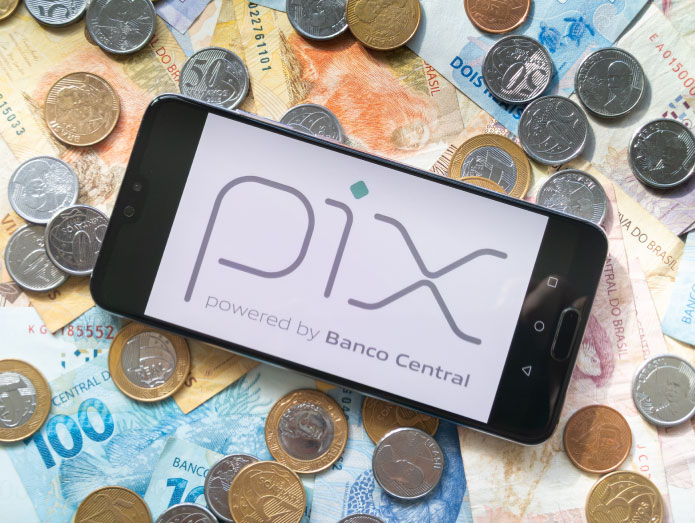The Central Bank of Brazil is about to launch Pix Automático, a new payment method that promises to further boost the growth of e-commerce in the country. According to a study released by Ebanx, a company specialized in payment technology, the new feature is expected to move at least $30 billion in its first two years of operation, considering only the e-commerce sector. The information comes from Reuters.
Pix, launched in November 2020, has already become an absolute success among Brazilians, moving over R$ 2 trillion per month in payments and transfers. With the arrival of Pix Automático, expected for June this year, the trend is for these numbers to grow even further, especially in e-commerce.
Eduardo de Abreu, Vice President of Product at Ebanx, highlights the relevance of Pix Automático for e-commerce segments that rely on recurring revenues, such as streaming services and software-as-a-service companies. “It (Pix Automático) tends to be very large and very relevant,” says Abreu.
The new method will allow scheduling weekly, monthly, quarterly, or annual recurring payments in a service free for customers and offered by companies. This differs from the already operational Pix Agendado Recorrente, which is initiated by users.
Although credit cards are seen as the main competitor of Pix Automático in e-commerce, Abreu believes that most of the growth of the new feature will come from new customers, currently without access to credit cards or with insufficient limits to subscribe to these services.
The Ebanx study, based on internal and third-party data, points out that Pix Automático could gain about $2 billion in market share from credit cards in its first year of operation. Currently, credit cards move approximately $50 billion in annual recurring payments in Brazilian e-commerce.
Alexandre Albuquerque, Senior Analyst at Moody’s Ratings, believes that banks will not be significantly affected by Pix Automático, as they have diversified revenues and have offered benefits to keep customers using credit cards, such as cashback programs.
However, some banks are already anticipating the launch by offering recurring payments via Pix, in an apparent customer retention and business acquisition strategy. Santander Brasil, for example, already has a product that allows scheduling recurring payments via Pix, while Bradesco and Itaú Unibanco plan similar launches in the coming weeks.
Pix Automático represents another step in the evolution of digital payments in Brazil, offering convenience, security, and accessibility for both consumers and businesses. With its potential for billion-dollar transactions, the new method should further boost the growth of Brazilian e-commerce in the coming years.


